The series from England’s perspective
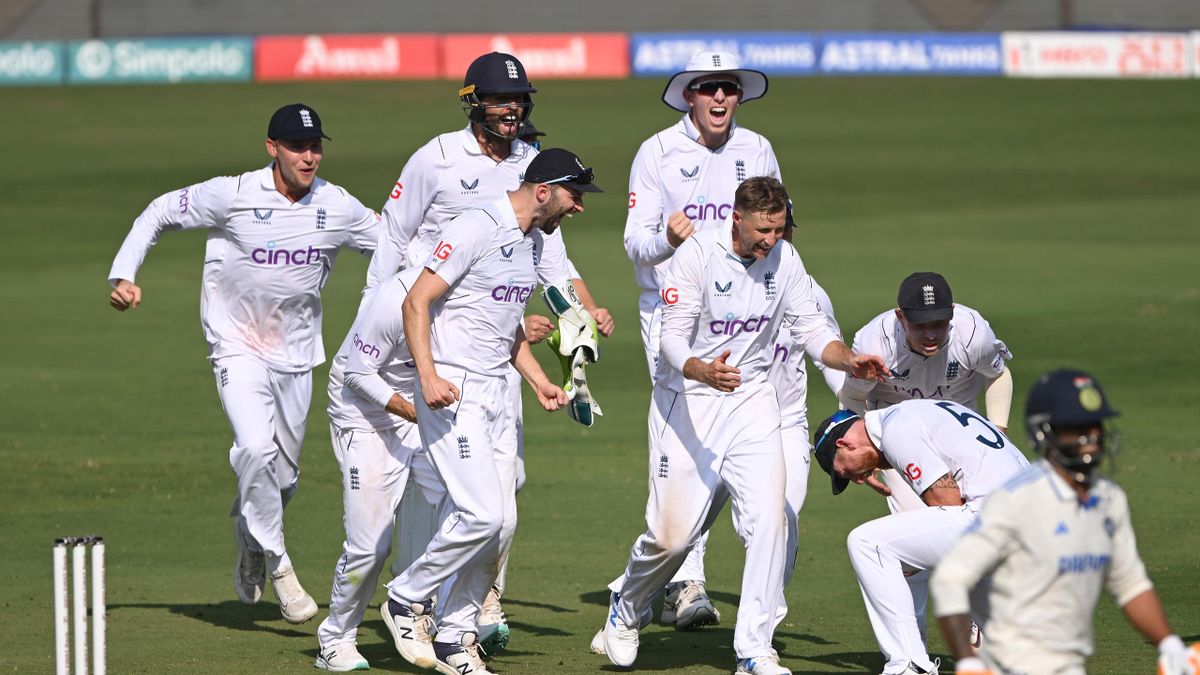
The English were overwhelming in their opinion about the series in India. They will lose and some even said heavily. In the end, it did come true. England lost the

The English were overwhelming in their opinion about the series in India. They will lose and some even said heavily. In the end, it did come true. England lost the
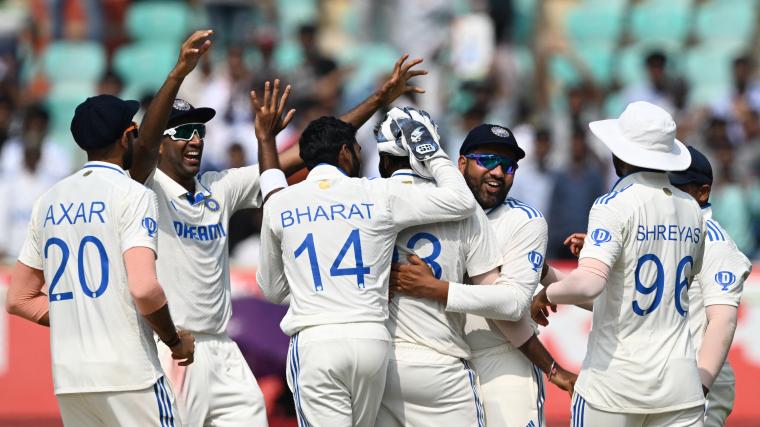
The contribution of the bowlers can be read here before proceeding with the contribution of the bowlers. The biggest plus for India was easily the bowling of Kuldeep Yadav. He
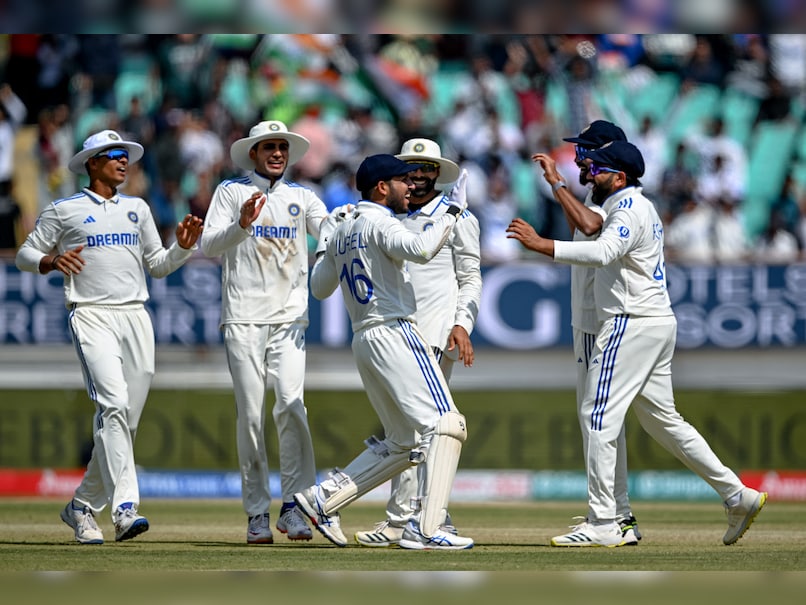
Prior to the start of the series, if anyone had told Rohit Sharma that his team would lose one Test, he would have been satisfied. If the same person had
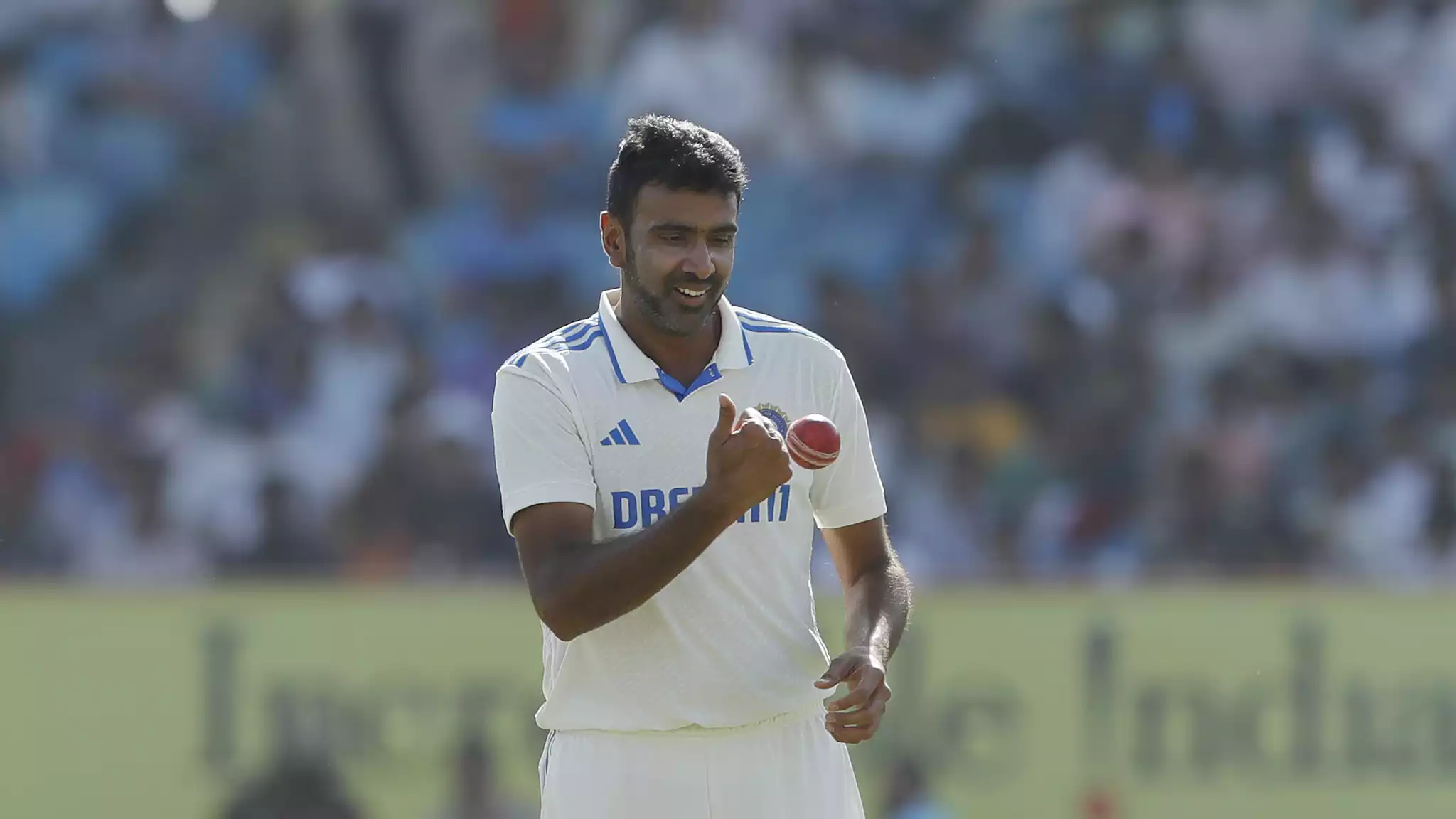
On the eve of Ashwin’s 100th Test at Dharmshala, I would like to go back in memory to ascertain of the interesting thoughts that he has come up with. Ravichandran
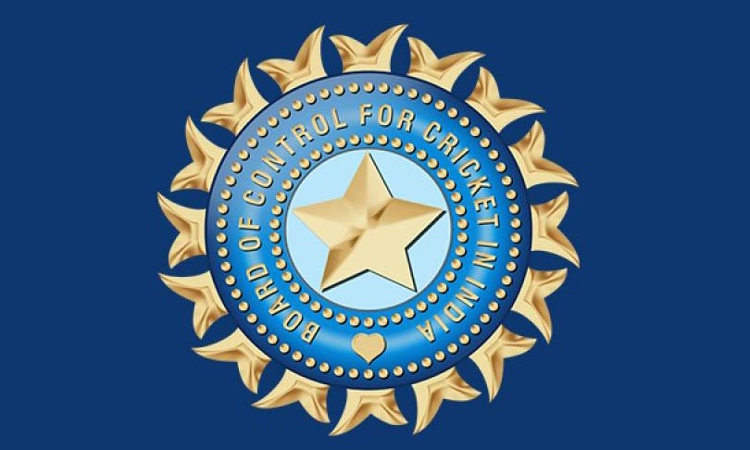
By taking effective and immediate action against Shreyas Iyer and Ishan Kishan, BCCI has elevated the Ranji Trophy, the premier Indian first-class competition to its desired levels. It is important

Eversince the loss of the series or more precisely, eversince Joe Root’s ill-advised ramp of Bumrah, England’s former cricketers have advised the team to look beyond Bazball. They range from
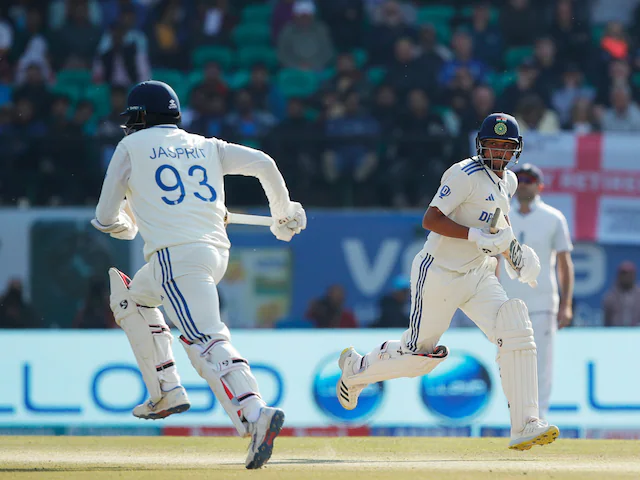
It was an excellent series win. There are no two ways about it. Rohit Sharma, Rahul Dravid and the entire management must be thrilled to achieve this win. Perhaps, under
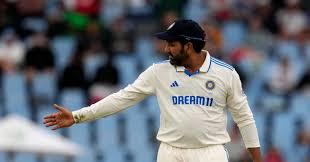
At the end of the 4th Test against England, Rohit Sharma was at his fiery best. He said all the right things to say in the press meet. It was
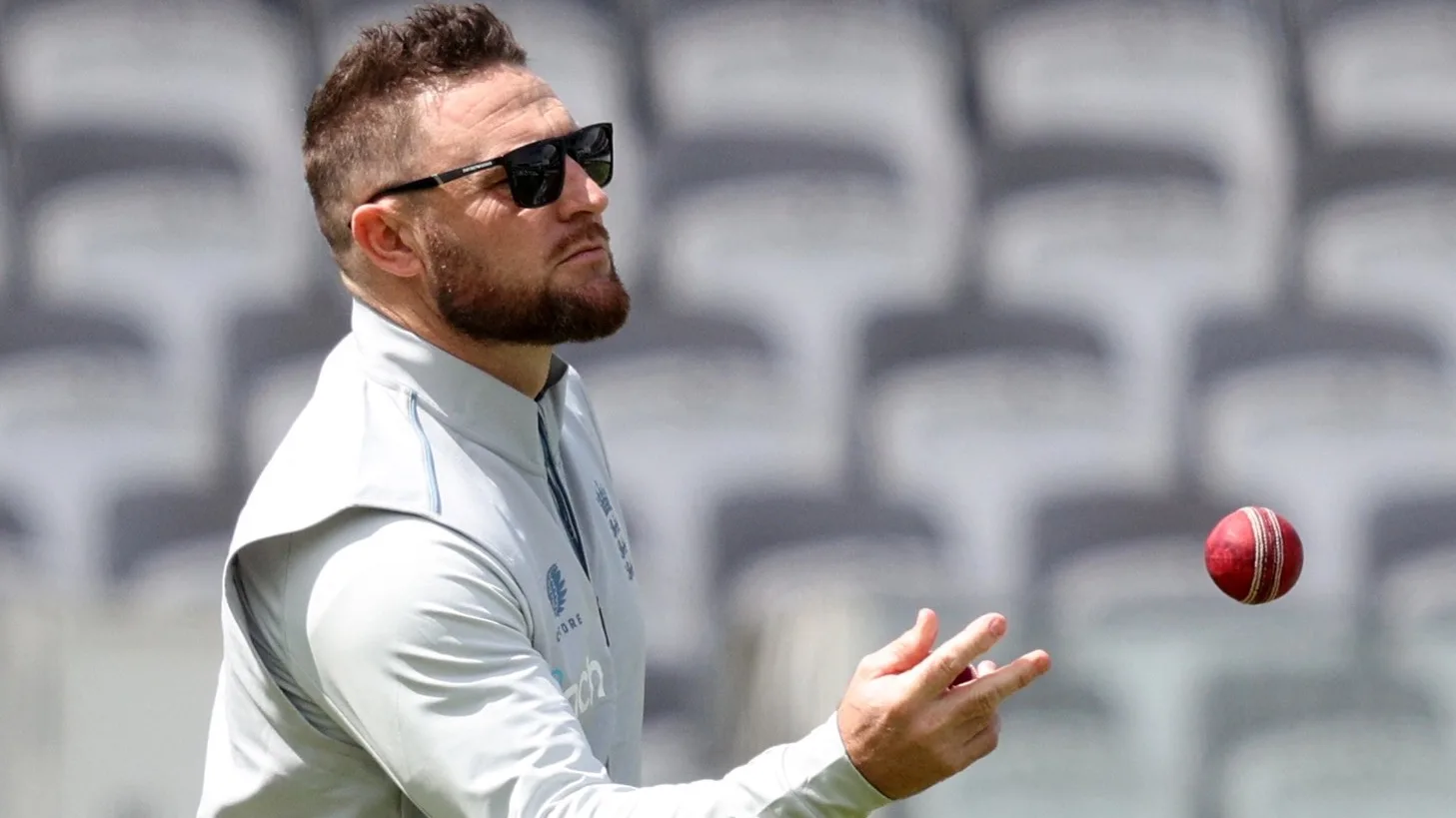
Suddenly, Bazball is in the news but for the wrong reasons. Why the cry over Bazball? England was never known for exciting cricket. Push into a corner, they will usually
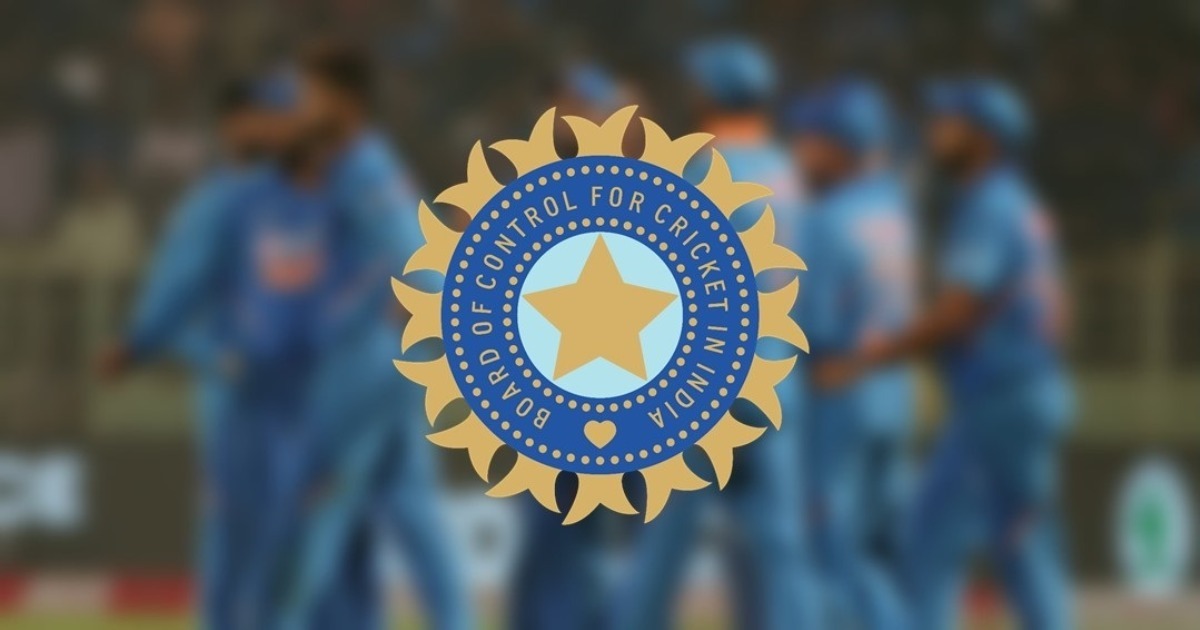
Yes, I do mean it. The supporters are the fools. Yes, because It is official now. What was expected at Rajkot, happened or will happen in Ranchi. Jasprit Bumrah has